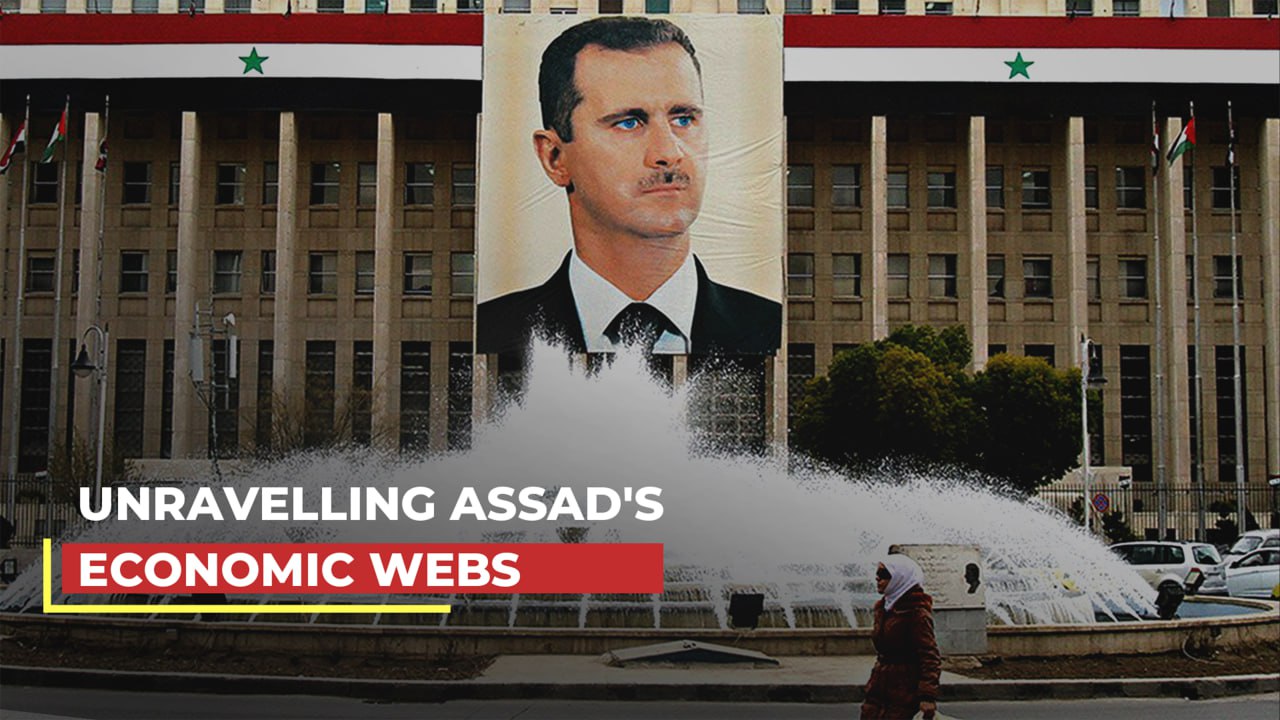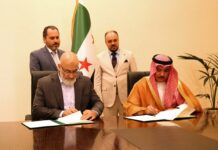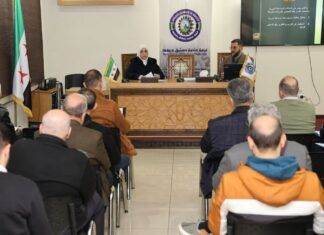
Early December, the once-bustling corridors of Damascus International Airport resembled a graveyard of aircraft, relics of an era when power and wealth were concentrated in the hands of a few. Among the rusting fuselages sits a pair of Airbuses once used by Bashar al-Assad himself—symbols of a system that siphoned the country’s wealth into the pockets of the ruling elite. As Syria’s government moves to dismantle the economic empire built by Assad and his inner circle, investigators are uncovering a vast network of corruption that kept the regime afloat for over a decade.
A System Built on Corruption and Patronage
In December 2024, Assad fled Syria, leaving behind a deeply entrenched system of economic cronyism. His departure triggered a sweeping investigation into the fortunes amassed by a tight-knit group of businessmen who thrived under his rule. Among them were Samer Foz and Muhammad Hamsho, two tycoons whose influence stretched across nearly every sector of the economy, from construction to telecommunications, pharmaceuticals to aviation.
Both men were already sanctioned by the US and EU for their roles in financing Assad’s war effort. Now, under the direction of Syria’s new president, Ahmad al-Sharaa, a special committee has begun the painstaking process of tracing the assets, investments, and financial dealings that propped up the former regime.
In the days following the regime’s collapse, the then transitional government ordered the freezing of accounts and business operations tied to Assad’s allies. “Our policy is to allow their employees to continue working and supplying goods to the market while freezing their money movements for now,” Trade Minister Maher Khalil al-Hasan told Reuters in early February. But beyond asset freezes, the committee is scrutinizing how these business empires operated, and whether those involved should face legal consequences.
The Case of Syrian Airlines: Privatization as a Cover for Theft
Few cases illustrate the regime’s economic corruption better than the attempted sale of Syrian Airlines to a shadowy private company, Illuma. According to Obaida Jabril, the airline’s former director, he and other executives were dismissed when they refused to sign off on the deal, which would have effectively handed over operations of Syria’s national carrier for a fraction of its value.
Illuma, founded in 2022 with a declared capital of just 100 million Syrian pounds (about $7,000 at the time), was presented as an Emirati-backed firm that would modernize Syria’s struggling aviation industry. However, Jabril and his colleagues quickly discovered that the company had no real investment backing and was, in fact, controlled by figures within the Presidential Palace’s Economic Office.

“The minister told me outright, ‘You are not required to discuss. What is required is implementation,” Jabril recalled in a February interview with Syria TV. His refusal to comply led to his dismissal, as well as the removal of multiple board members who raised concerns about the legality of the deal. The contract, signed after his departure, would have funneled tens of millions of dollars into the hands of regime-linked investors while leaving Syrian Airlines without meaningful operational control.
With the collapse of Assad’s government, Illuma’s owners vanished, along with an estimated $50 million in revenue that had been redirected from the airline into private accounts. The case has become a focal point for investigators seeking to untangle how economic decisions were made under the previous regime—and who truly benefited. At the center of that system was a single figure whose reach extended across nearly every major financial decision made during Assad’s rule.
Assad’s Economic Architect
If there was one man who embodied the regime’s financial operations, it was Yassar Ibrahim. The 42-year-old businessman was more than just an economic advisor; he was the architect of Assad’s financial survival strategy. Through a network of shell companies and front organizations, Ibrahim facilitated deals that allowed the regime to access funds despite international sanctions.
Ibrahim controlled dozens of companies across multiple sectors, from telecommunications to tourism, many of them registered in Lebanon and offshore tax havens like the Cayman Islands. In 2021, the US Treasury sanctioned him for using his business empire to “enrich Assad while Syrians die from food and medicine shortages.”

When Assad fled in December 2024, Ibrahim was among the few individuals who left with him. The decision to bring his chief financial handler, rather than military or political allies, suggested the ousted president’s priority was securing his hidden wealth. Syrian authorities are working to trace and recover those assets, though investigators acknowledge that much of the money has likely already been laundered through international networks.
However, financial networks were not limited solely to boardrooms and balance sheets. As evidenced by Assad’s use of Syria’s aviation sector as a logistical tool for smuggling and covert operations. Manipulation of the industry is emblematic of how deeply entwined the state infrastructure was with his economic apparatus.
Cham Wings Airlines: A Tool for Regime Smuggling
Aviation has long played a crucial role in the regime’s illicit financial network, and no airline was more central than Cham Wings. Established in 2007, it was initially controlled by Assad’s cousin, Rami Makhlouf, before falling under the influence of the Presidential Palace’s Economic Office.
For years, Cham Wings facilitated the movement of pro-regime militias, including Iranian fighters traveling between Damascus and Tehran. In 2020, Qassem Soleimani, the commander of Iran’s Quds Force, used a Cham Wings flight to travel to Baghdad just before he was killed in a US drone strike. The airline was sanctioned by the US in 2016 and accused of laundering money for Syria’s military intelligence.

Yet despite these sanctions, Cham Wings remained the dominant private airline in Syria, eliminating potential competitors through legal and financial pressure. Nine private aviation firms were licensed between 2007 and 2020, but only one, Fly Damas, managed to briefly operate before being shut down and its owner prosecuted on dubious charges.
Investigators are now examining whether Cham Wings’ role in money laundering and arms smuggling was coordinated at the highest levels of Assad’s government. With the airline’s assets still intact, there is speculation that it could be restructured under new ownership, though questions remain about whether those involved in its past activities will face accountability.
The Path Forward: Accountability or Accommodation?
As Syria’s government moves forward, it faces a delicate balance between holding corrupt figures accountable and ensuring economic stability. Some analysts warn that a harsh crackdown on former regime-linked businessmen could create supply shortages, particularly in essential goods. Others argue that failing to prosecute those responsible for economic crimes would undermine public trust in the new administration.
“We need to work slowly, with committees and investigations, to get as much justice as possible,” said Ayman Hamouieh, a government official overseeing economic policy. “If you simply remove these business figures without a plan, the economy collapses.”
At the same time, figures like lawyer Adwar Hashweh insist that accountability must take precedence. “The sanctions against individuals who enriched themselves under Assad must remain in place,” he told The Media Line. “But broad sanctions on Syria as a country should be lifted now that the regime is gone.”
The investigations into Assad’s economic network represent a crucial test for Syria’s future. Whether the country can recover from years of systemic corruption depends not only on dismantling the old power structures but also on ensuring that a new generation of economic leaders is not simply repeating the mistakes of the past.








